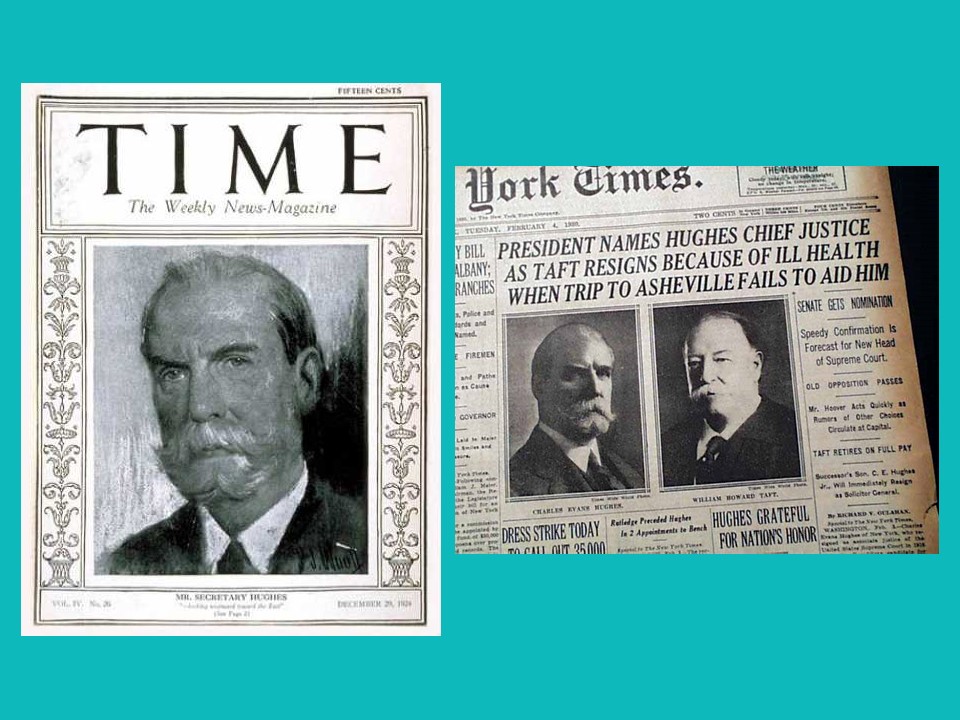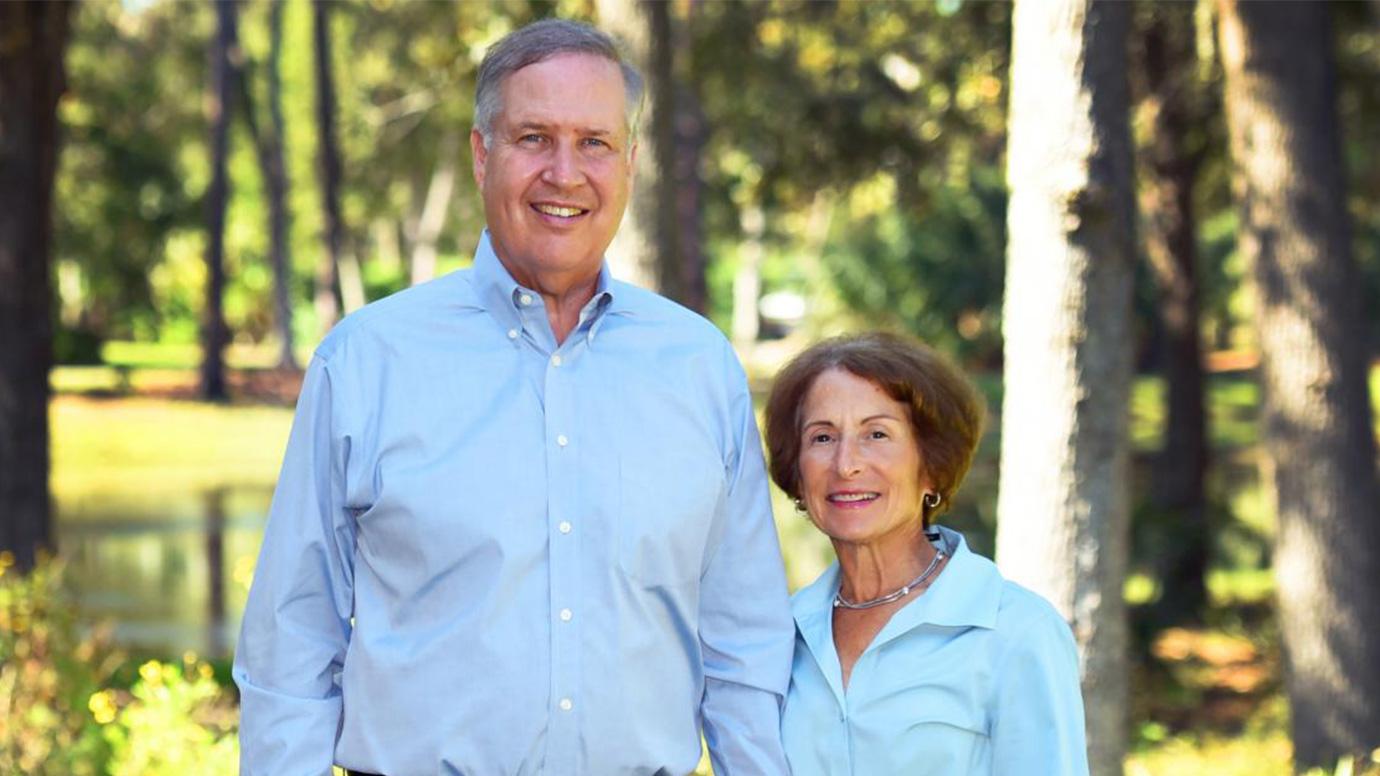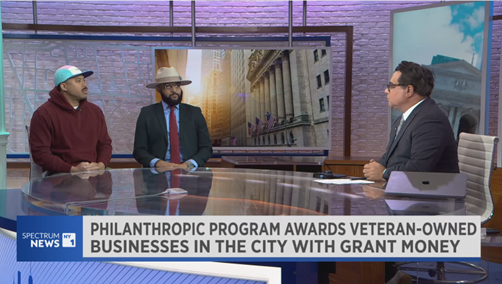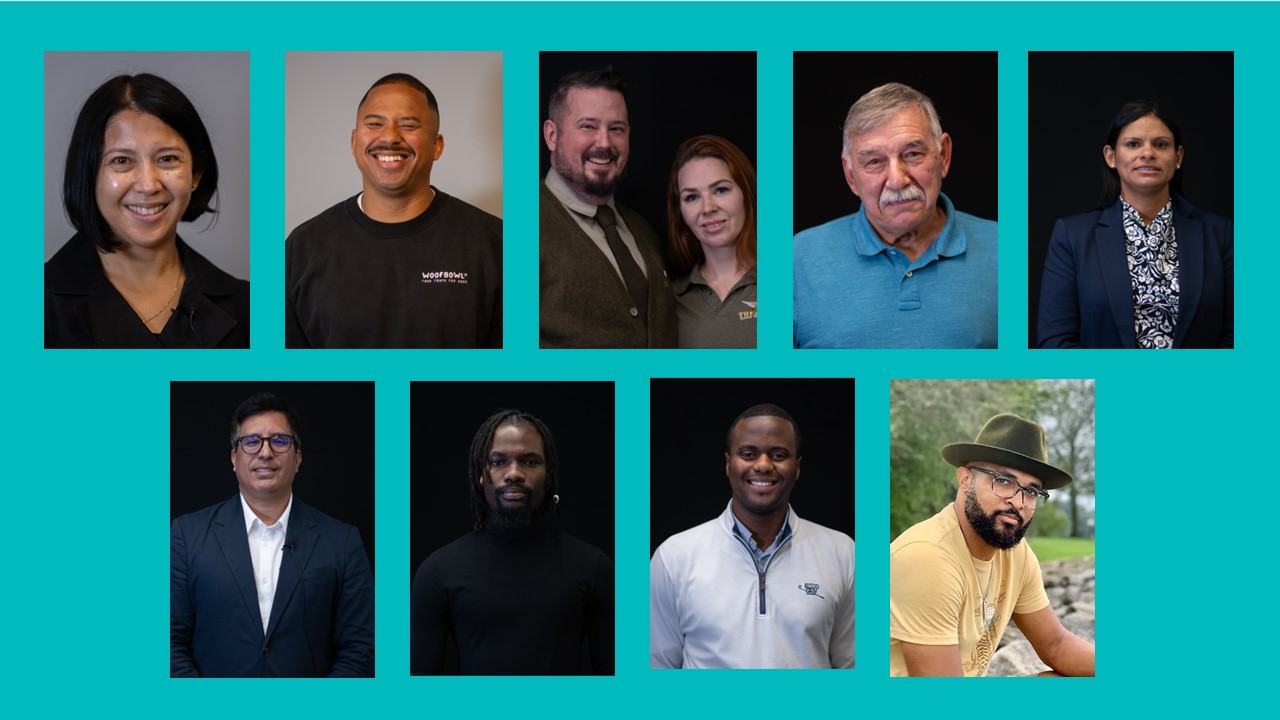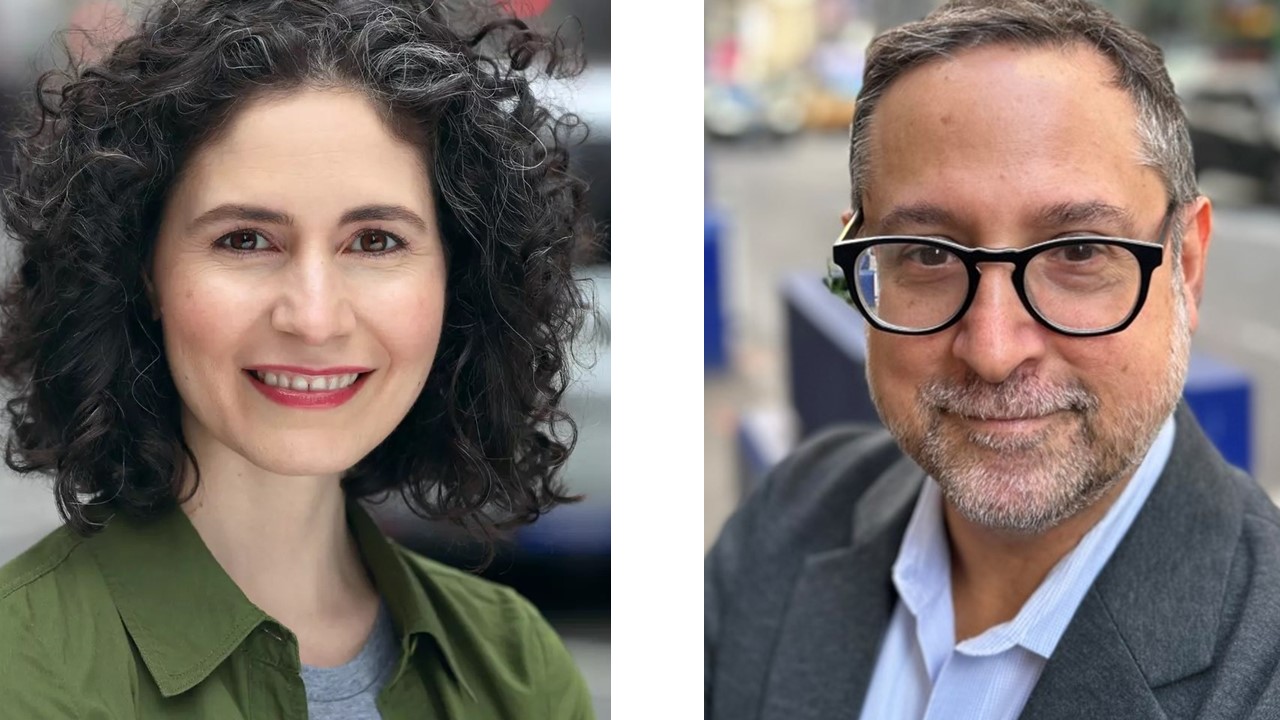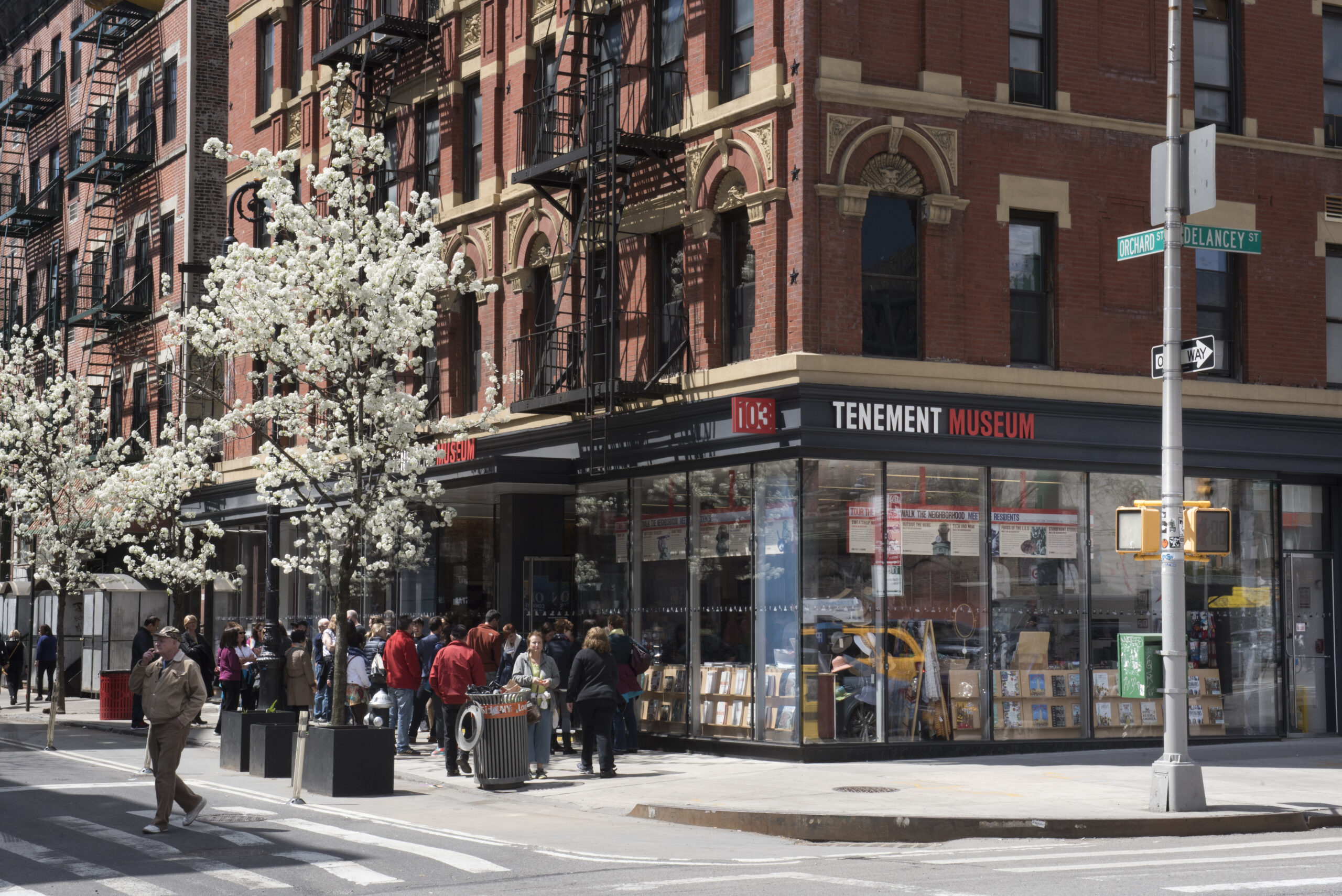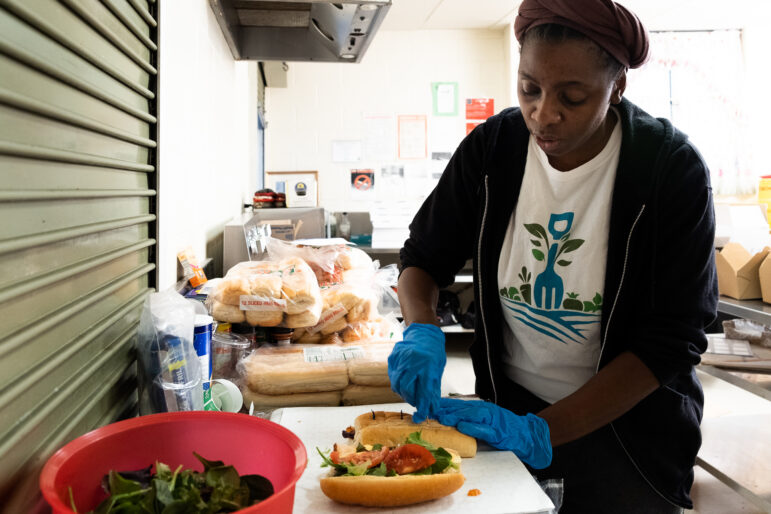We often hear about philanthropy piloting new programs that are replicated by government, but the reverse can also happen. Sometimes philanthropy can breathe new life into existing tried-and-true programs that have promising results, complementing work initiated by the public sector.
Take the Equitable Retention Mortgage Assistance Program (ERMA), a foreclosure assistance program run by the Center for NYC Neighborhoods (CNYCN), the go-to citywide nonprofit focused on affordable homeownership. The program just received a $1 million infusion of revolving philanthropic capital from an anonymous donor, held at an account at FJC. The philanthropic investment extends the life of this impactful program, which helps seniors save their homes from foreclosure. The program launched in 2020, in response to data analysis provided by the New York State Office of the Attorney General (OAG) that identified a rapid increase in reverse mortgage foreclosures, putting senior New Yorkers at risk of homelessness. Initial funding was provided by Enterprise Community Partners with additional recycled settlement funds made available by the NYS OAG.
“This critical funding, combined with the Homeowner Protection Program services provided by our partners across the state, will help seniors and people with disabilities stay in their homes and remain connected to community networks and resources.”
Christie Peale, CEO & Executive Director, Center for NYC Neighborhoods
The goal of ERMA is to help low- and moderate-income seniors and people with disabilities avoid foreclosure due to mortgage and condo/coop arrears or a temporary inability to pay property taxes, property insurance, water/utility bills, or other charges. The program provides 0% interest subordinated liens up to $50,000, the payments of which are deferred. In other words, homeowners are not required to make monthly mortgage payments; instead, the loan is only repaid when a property is sold or refinanced or the 30-year term expires.
Since 2020, ERMA has successfully prevented 126 distressed homeowners from facing foreclosure or other home loss. However, in 2023, despite very strong demand for the program, CNYCN had to cease accepting new applications for ERMA once initial funds for the program were depleted. This left over a hundred applicants on a waitlist.
The revolving nature of the funding meant that a single commitment of $1 million could be recycled multiple times.
An anonymous donor learned about ERMA and found the program appealing and impactful, due to its strong track record. The donor’s $1 million in loan capital could be leveraged with additional resources provided by CNYCN, such as free housing counseling and legal services. What’s more, the revolving nature of the funding meant that a single commitment of $1 million could be recycled multiple times. As homeowners eventually sell or refinance their homes, the subordinated loans would be repaid, allowing the same dollars to be redeployed to other distressed homeowners. The donor worked with CNYCN to deposit grant funds in a fiduciary account at FJC, which governs the use and revolving nature of the philanthropic loan capital. “This much needed additional investment in ERMA brings additional capacity to a program designed to stabilize the housing and finances of our most vulnerable neighbors,” says Christie Peale, CEO and Executive Director of the Center for NYC Neighborhoods. “This critical funding, combined with the Homeowner Protection Program services provided by our partners across the state, will help seniors and people with disabilities stay in their homes and remain connected to community networks and resources.”


